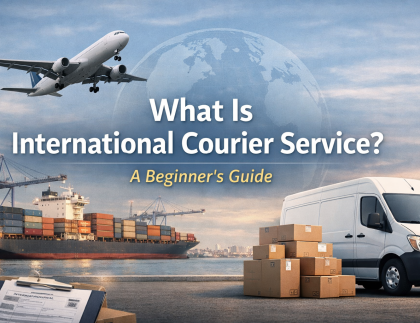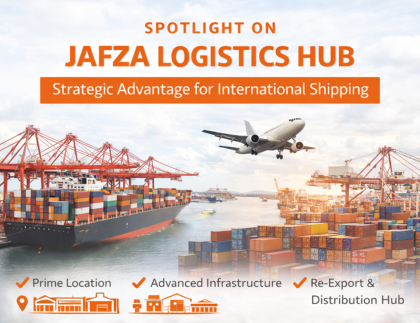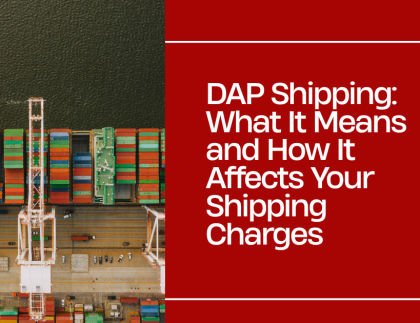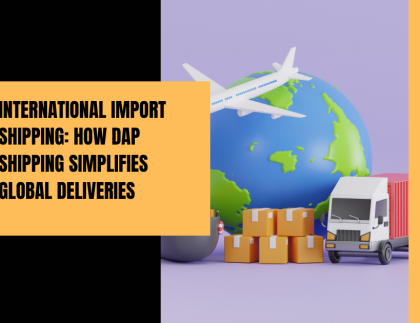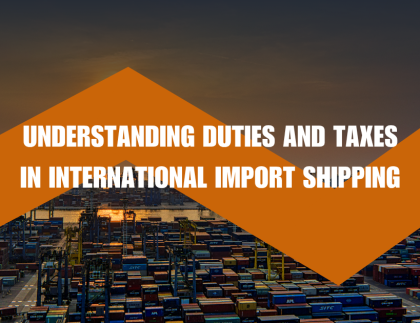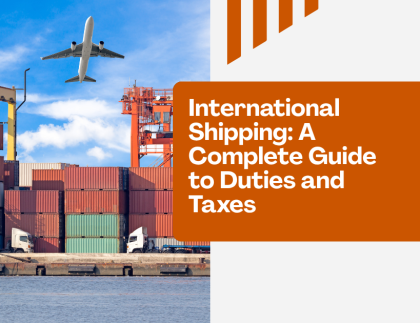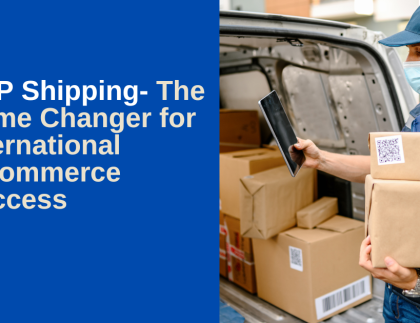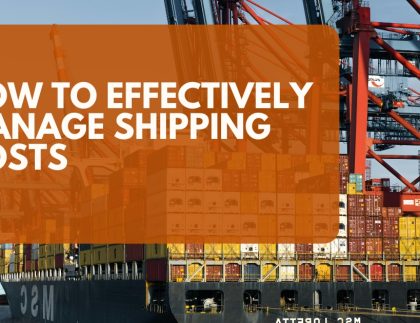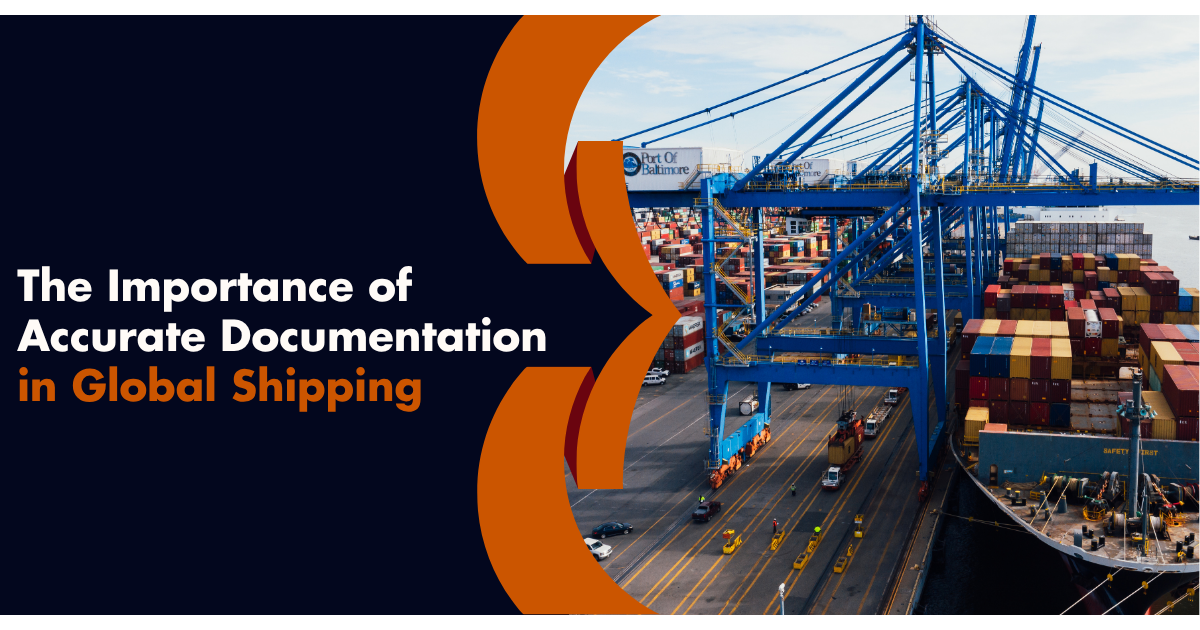
In the globalized age of international commerce, accurate documentation is the cornerstone of hassle-free and lucrative shipping operations. Whether shipping consumer goods, machinery, or medical devices overseas, accurate documents guarantee compliance, avoid costly delays, and build trust with clients and officials alike.
Why Documentation is Critical in Shipping?
International shipping is governed by a web of regulations, customs, and trade treaties. Every country has specific requirements, and even a small mistake in documents may cause significant issues. Correct paperwork helps in:
- Making Customs Simpler
Customs officers require correct documents such as invoices, shipping documents, and origin certificates. Inaccuracy in these documents could result in penalties, confiscation of the cargo, or port refusal.
- Savings on Delayed Costs
Time is money when it comes to shipping. Documents that are faulty or incomplete can lead to the detention of goods at the customs, delaying delivery dates and supply chains.
- Saving Financial Risks
Poor documentation can influence duty calculation, insurance claims, and payment settlements. With accurate paperwork, companies avoid unexpected expenses and disputes.
- Creating Trust between Partners
Shipping companies, freight forwarders, and clients rely on the accuracy of trade documents. Sound documentation shows professionalism and reliability, solidifying business relationships.
Critical Documents in International Shipping
The following are some of the most critical shipping documents:
- Commercial Invoice – Seller-buyer transaction information.
- Bill of Lading (BOL) – Proof of shipment and goods title.
- Packing List – Cargo details list for carriers and customs.
- Certificate of Origin – Specifies where goods were manufactured.
- Import/Export Licenses – Required for restricted products.
Each of these documents plays an important role in facilitating goods to travel smoothly across borders.
Best Practices in Proper Documentation
- Double-enter data before submitting to carriers or customs.
- Use computer software to eliminate human error.
- Be current with the regulations of each country of export/import.
- Use experienced logistics partners that can aid in compliance.
Final Thoughts
In international shipping, documents are not documents—they’re the visa for your goods. Accurate documentation ensures smooth customs clearance, timely deliveries, and fiscal safeguards. Companies that place a premium on precision in their shipping documents not only avoid delays but also enjoy the advantage of a competitive edge in the global market.

